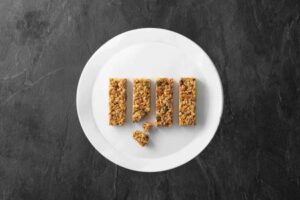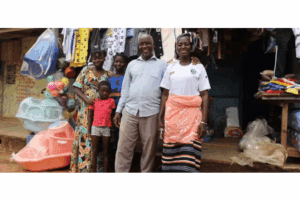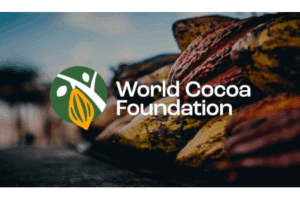Futamura is celebrating 85 years of twist wrapping individual sweets. The company’s Cellophane films were used for the first automated twistwrap machines. They were often referred to as a ‘transparent paper’ as they were made from renewable wood pulp. Over the years, the films became synonymous with confectionery wraps, being established as the packaging of choice thanks to their excellent technical performance on the packaging machinery and aesthetic appeal.
Cellophane was the ideal choice for twistwrapping: the films ran extremely well on packaging machines, static-free, wrapping at high speeds with an incredibly low level of miswraps. They also held their twist naturally, without the need of heat sealing or adhesives. This meant that the wraps could be easily opened, even by younger consumers.
In the last 20 years, acknowledging the growing demand for environmentally responsible packaging, Futamura launched NatureFlex films. This new generation of films is the natural evolution of the original Cellophane: the technical performance of Cellophane, renewable raw materials sourced from sustainably managed plantations and the additional benefit of more sustainable end-of-life options. NatureFlex is certified for home composting by TUV Home compost and meets European and international norms for industrial composting including EN13432 and ASTM D6400.
Compostability, the solution to the small format flexible issue
Whilst we have all seen companies and authorities making statements and committing to the path of mechanical recycling, it is becoming increasing apparent that recycling will not be the solution for all applications. The study ‘Breaking the plastic wave’ made it very clear that there is no silver bullet: the industry must use all options available to resolve the current packaging end of life issues.
Using a compostable film such as NatureFlex enables a positive end of life: consumers can simply place it in a home compost bin and the film will break down within 6 to 8 weeks. As facilities develop, industrial composting will also become an option, and this is certainly already happening in some European countries such as Italy and Ireland. Both options – home and industrial composting – enable the production of soil enriching compost. Finally, in the unfortunate event that sweet wrappers were littered (not something Futamura would ever condone), then NatureFlex wrappers would certainly break down.
High performance packaging
When it comes to twist wrapping, NatureFlex films offer a renewable and compostable alternative. They are most effective on packing machinery. SACMI Chocolate Spa., a machine manufacturer who began in 1907, under the earlier name of Carle & Montanari, has been producing wrapping machines for sweets since 1957, regularly runs NatureFlex on their machines. Valentina Bergami from SACMI Chocolate Spa. sales and marketing department said:
“NatureFlex is a very reliable material, with all the features a material needs to have when running on a wrapping machine: elasticity to withstand the traction in the unwinding process, where the film is unwound from its reel and fed to the wrapping area. Rigidity, so the film can be pushed through the feeding unit of our wrappers where it is cut to length right on top of the product. And last, but not least: elasticity to be twisted and memory effect so that the twists are held and don’t re-open.”
Media contact
Roshini Bains,
Editor, International Confectionery
Tel: +44 (0) 1622 823 922
Email: [email protected]









